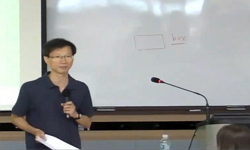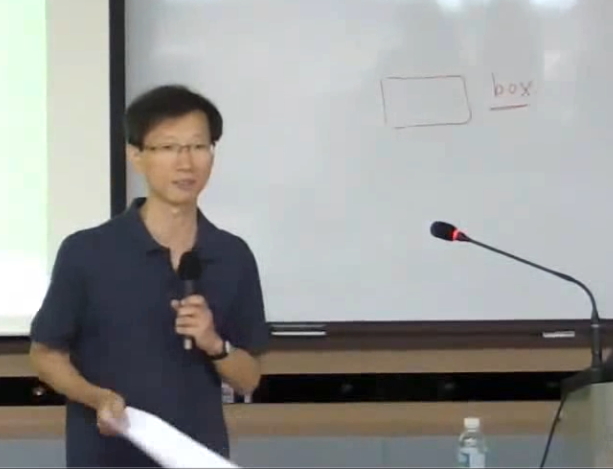Maximizing utilitarianism, which posits the maximization of good as the standard for rightness, has faced criticism for its demandingness objection. This paper explores scalar utilitarianism as an attempt to overcome this critique, examining its princ...
http://chineseinput.net/에서 pinyin(병음)방식으로 중국어를 변환할 수 있습니다.
변환된 중국어를 복사하여 사용하시면 됩니다.
- 中文 을 입력하시려면 zhongwen을 입력하시고 space를누르시면됩니다.
- 北京 을 입력하시려면 beijing을 입력하시고 space를 누르시면 됩니다.
https://www.riss.kr/link?id=A109581018
- 저자
- 발행기관
- 학술지명
- 권호사항
-
발행연도
2025
-
작성언어
Korean
- 주제어
-
KDC
37
-
등재정보
KCI등재
-
자료형태
학술저널
-
수록면
357-385(29쪽)
- 제공처
-
0
상세조회 -
0
다운로드
부가정보
다국어 초록 (Multilingual Abstract)
Maximizing utilitarianism, which posits the maximization of good as the standard for rightness, has faced criticism for its demandingness objection. This paper explores scalar utilitarianism as an attempt to overcome this critique, examining its principles, objections, and responses. The study begins by discussing Michael Slote's perspective, who coined the term ‘scalar morality’, and then delves into Alastair Norcross's theory that established scalar utilitarianism. Special attention is given to the persuasive argument and the demand-elimination argument proposed within the framework. Two key objections to scalar utilitarianism are considered: the dilemma of the persuasive argument and the critique regarding its lack of action-guidance. Additionally, Kevin Tobia's defense of scalar utilitarianism is analyzed. The author's proposal is as follows: to establish the internalized acceptance rule as the criterion for rightness. Compliance with the acceptance rule is deemed right, while non-compliance is deemed wrong. Moreover, actions that exceed compliance with the acceptance rule, achieving greater outcomes, are classified as supererogatory. The incorporation of the acceptance rule into scalar utilitarianism can address the excessive demands objection while contributing to the preservation of moral guidance.
동일학술지(권/호) 다른 논문
-
롤스 『정의론』에 나타난 개인의 도덕적 역할과 능력 탐구 - 도덕 교육의 관점에서
- 한국도덕윤리과교육학회
- 박성근(Park, Sung Guen)
- 2025
- KCI등재
-
탈콜버그주의와 신아리스토텔레스주의의 경계와 접점에 대한 연구
- 한국도덕윤리과교육학회
- 양해성(Yang, Hae Sung)
- 2025
- KCI등재
-
- 한국도덕윤리과교육학회
- 편집부(편집자)
- 2025
- KCI등재
-
다층지원체계(MTSS) 기반 인성교육 사례가 도덕·윤리과 교육에 주는 시사점
- 한국도덕윤리과교육학회
- 김윤경(Kim Yun Kyung)
- 2025
- KCI등재





 DBpia
DBpia





